Gallery
Helpful Insights on HVAC Repairs, Costs, and Preventive Care
Gallery
Helpful Insights on HVAC Repairs, Costs, and Preventive Care
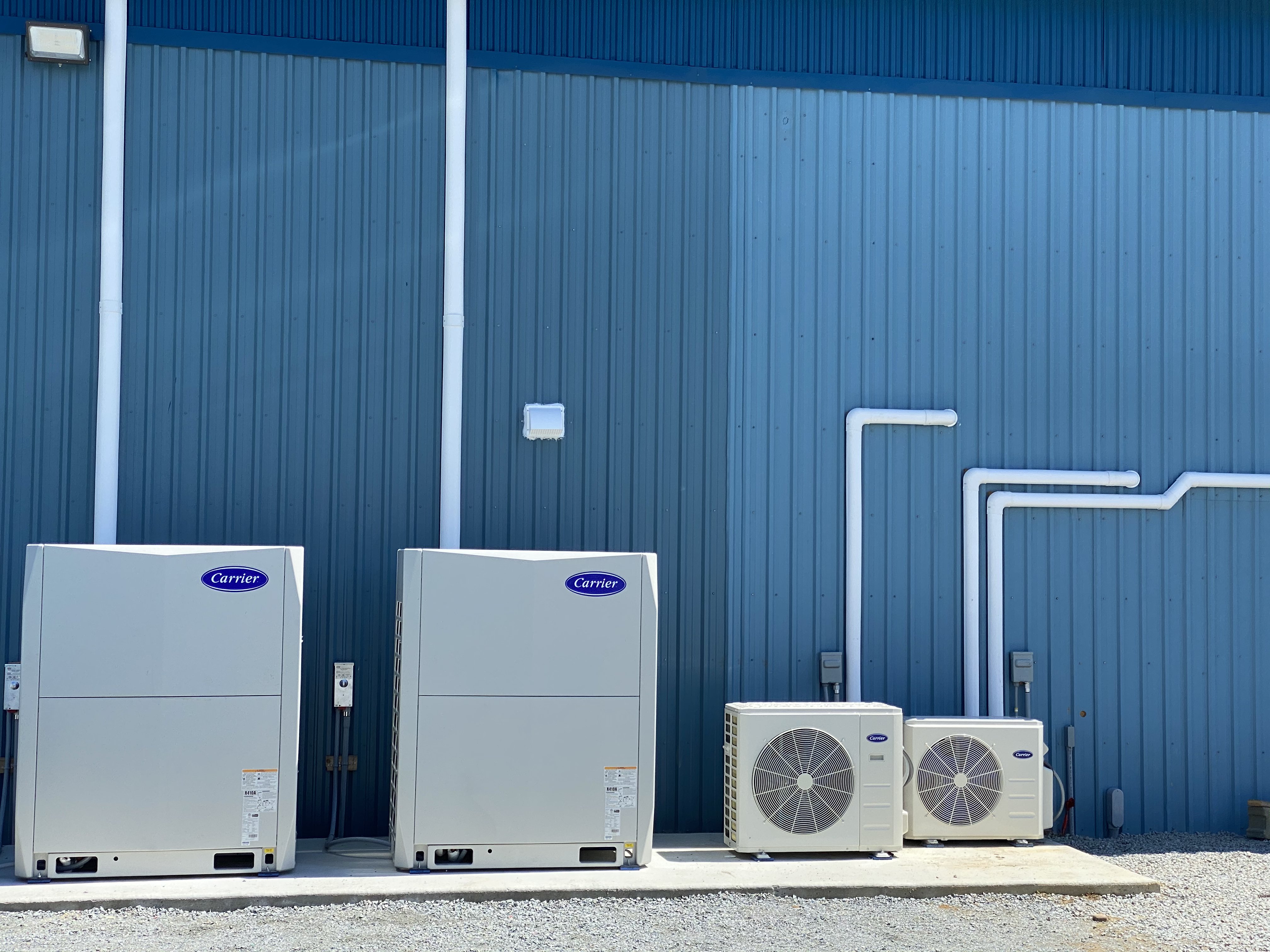
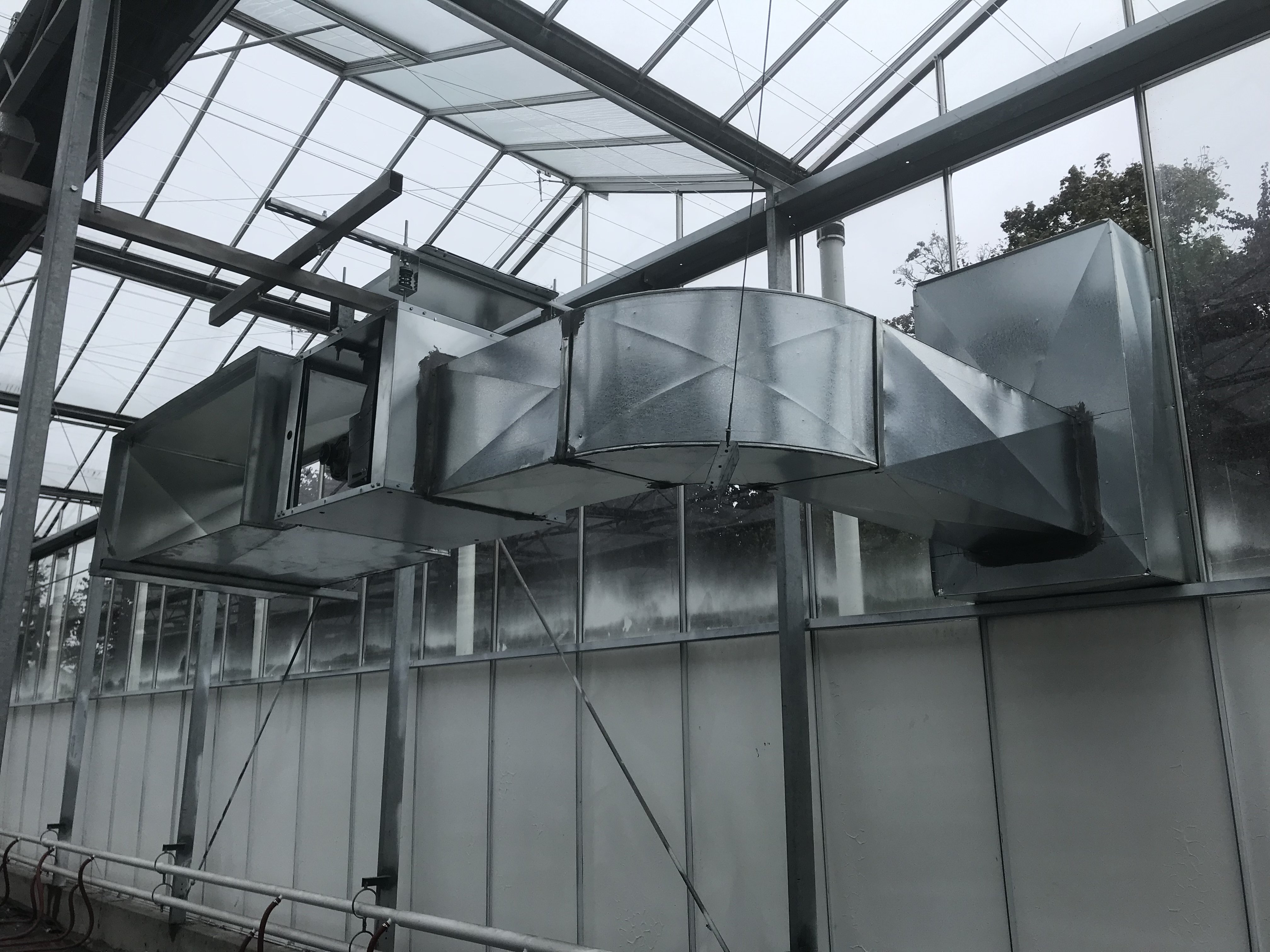
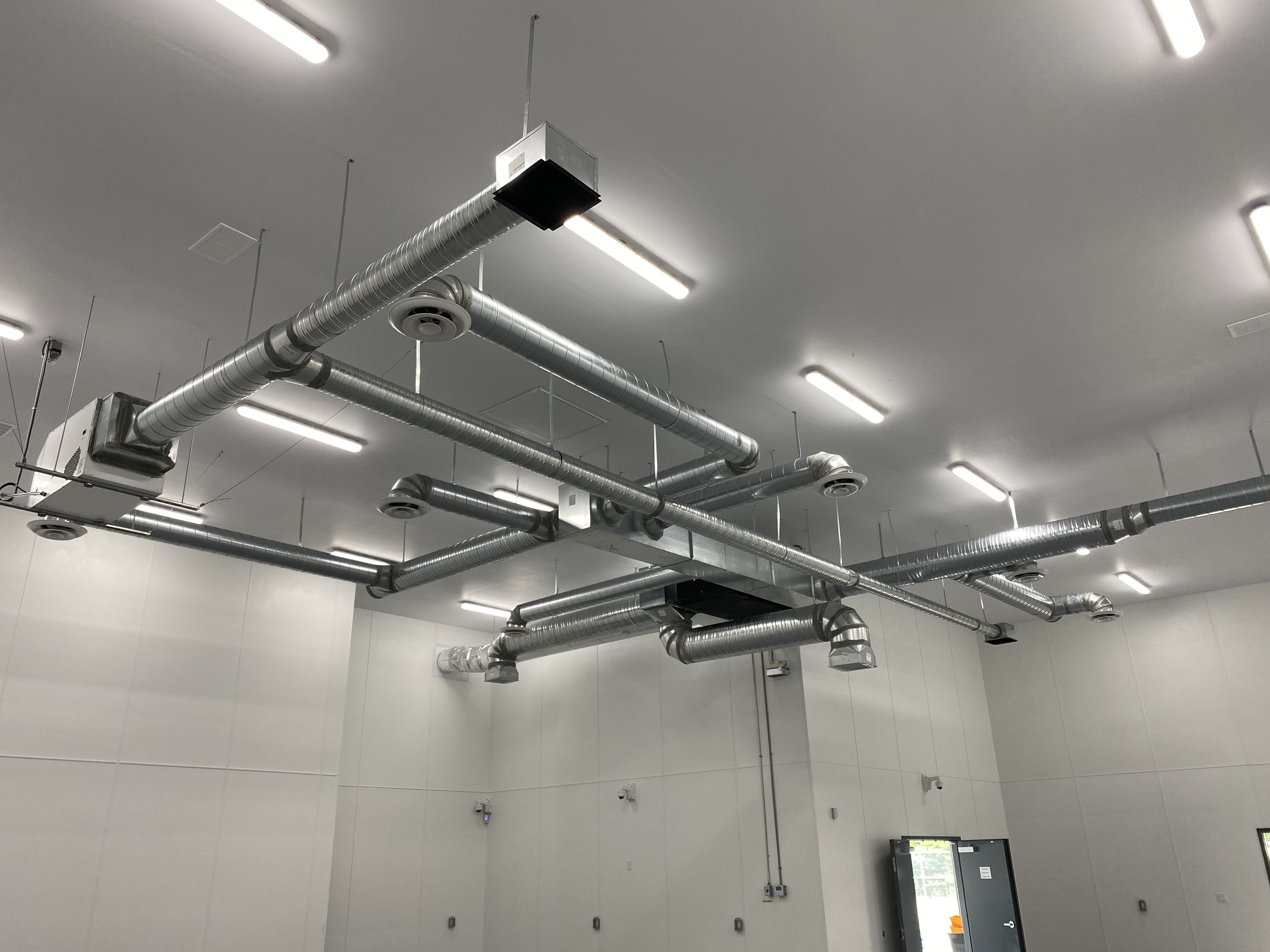
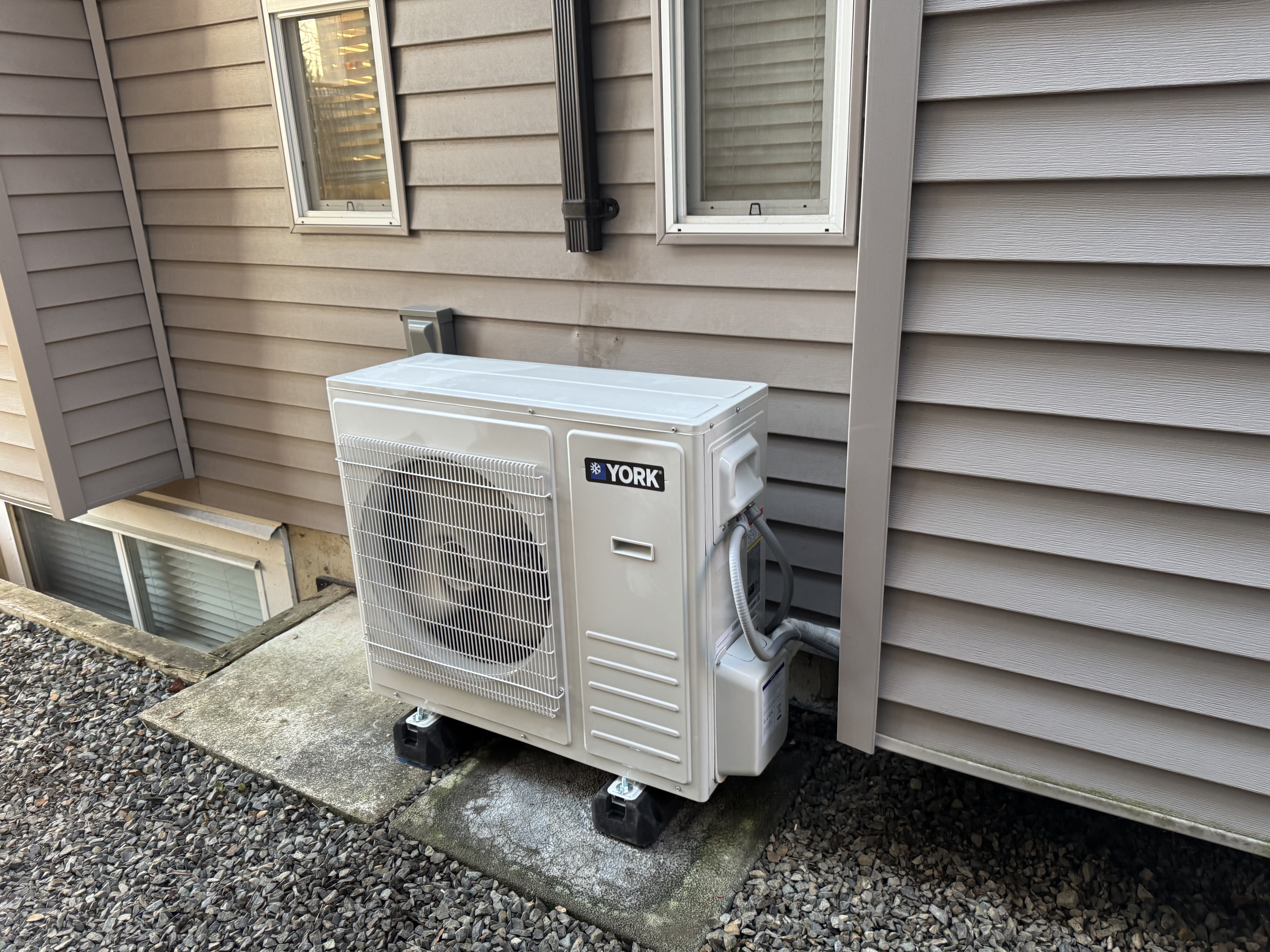
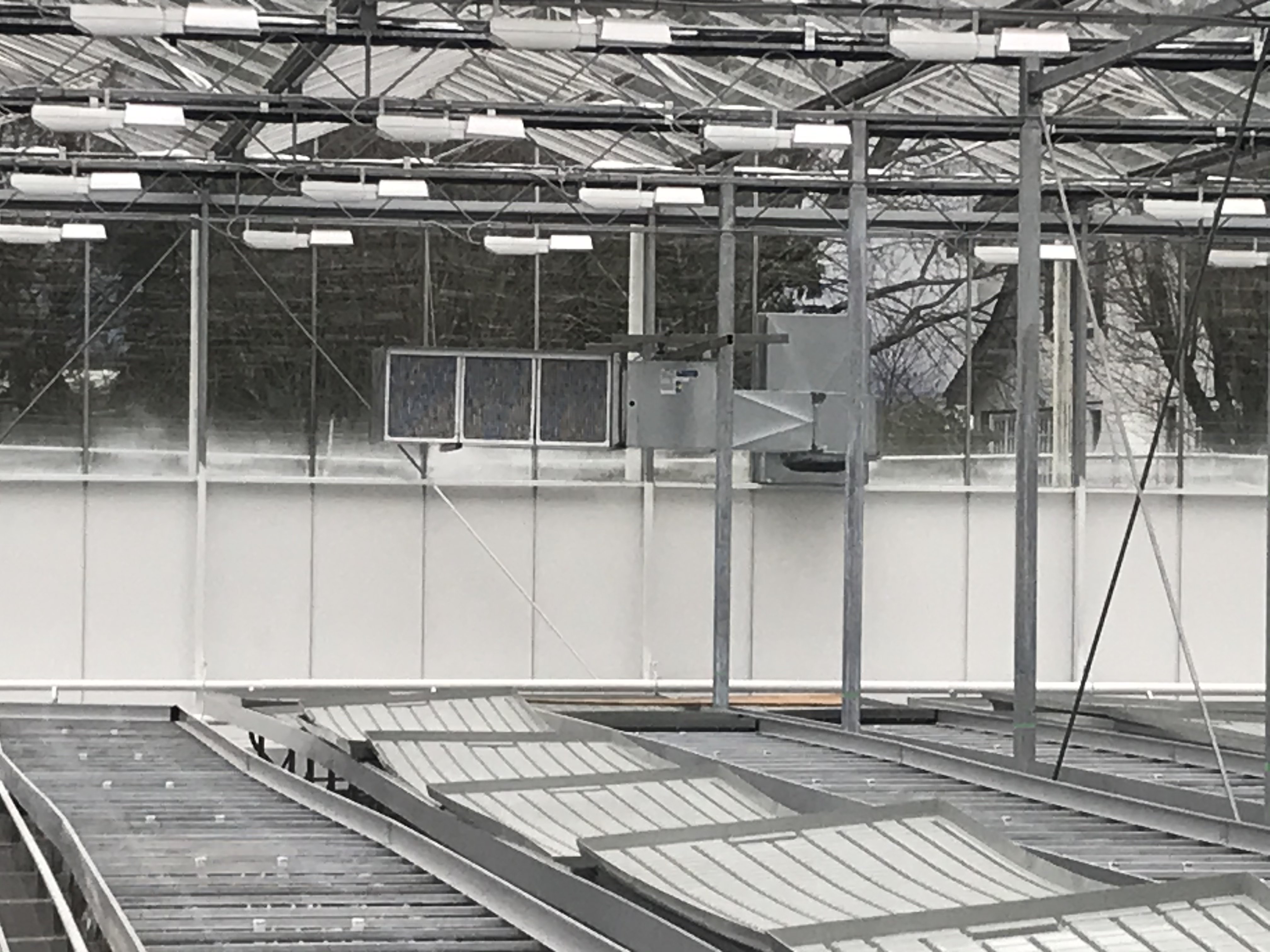
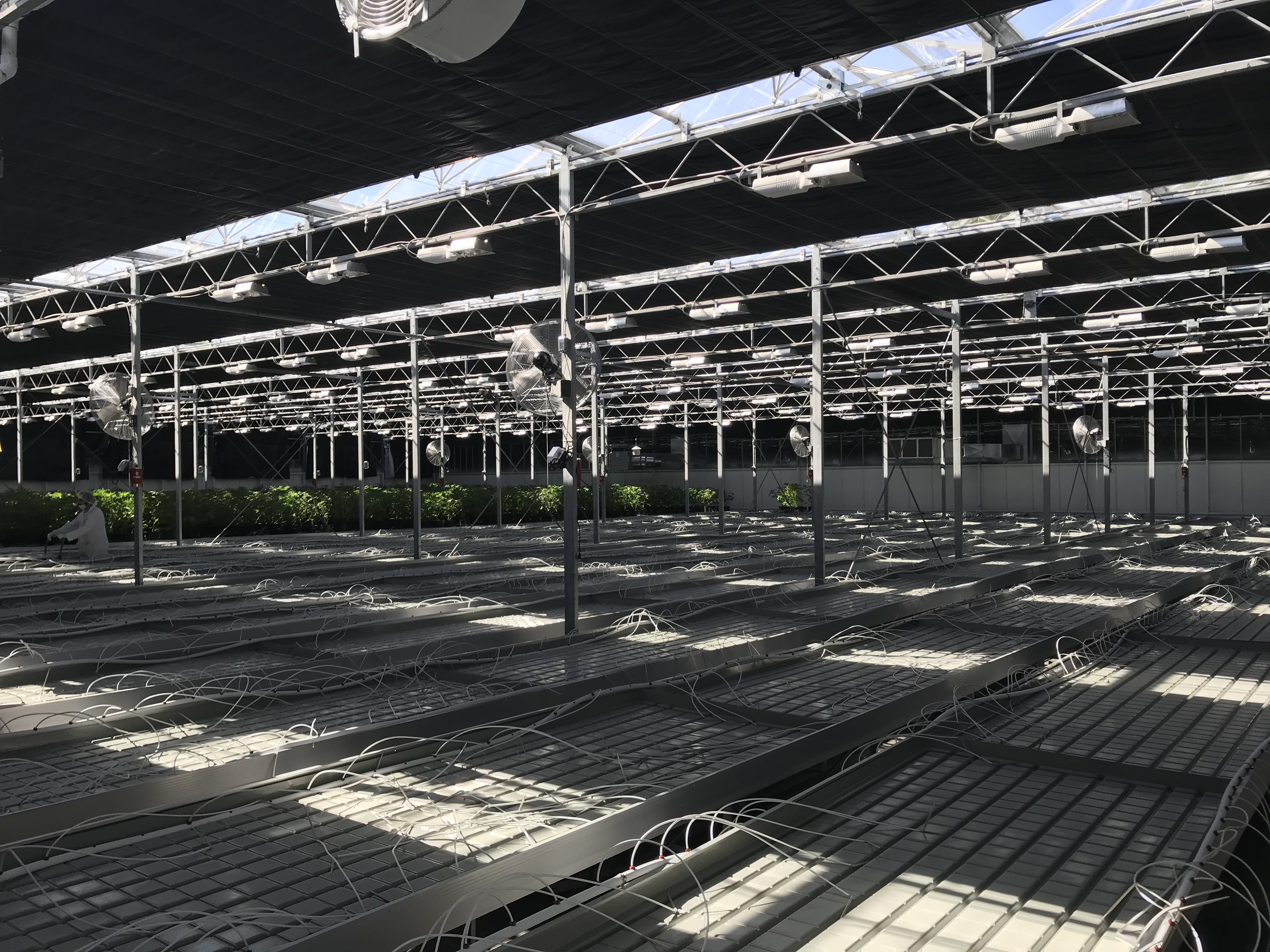
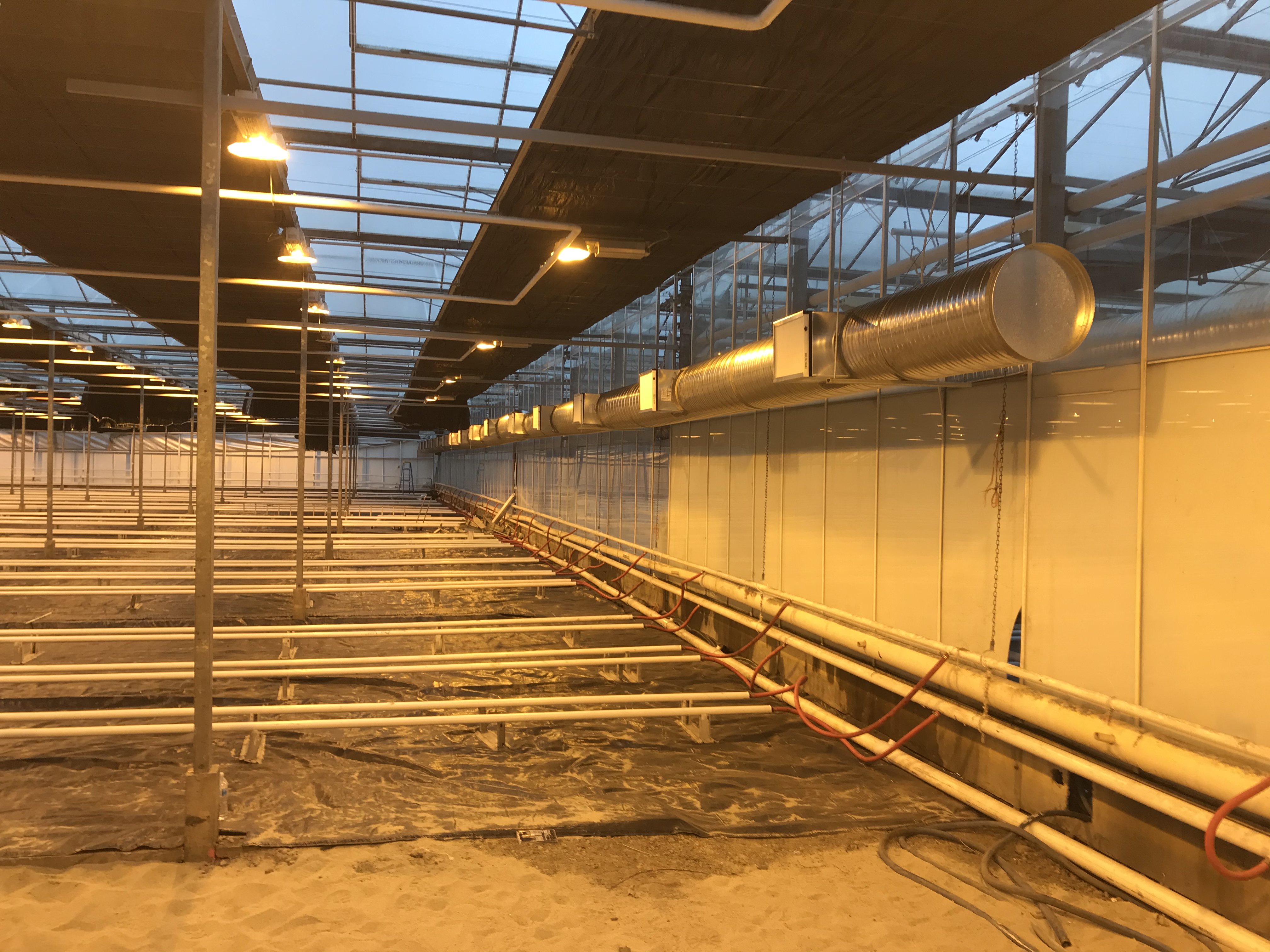
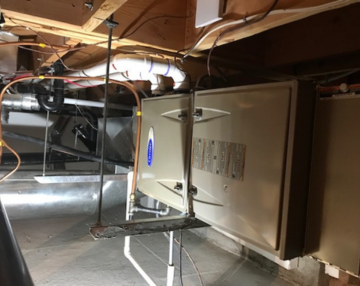
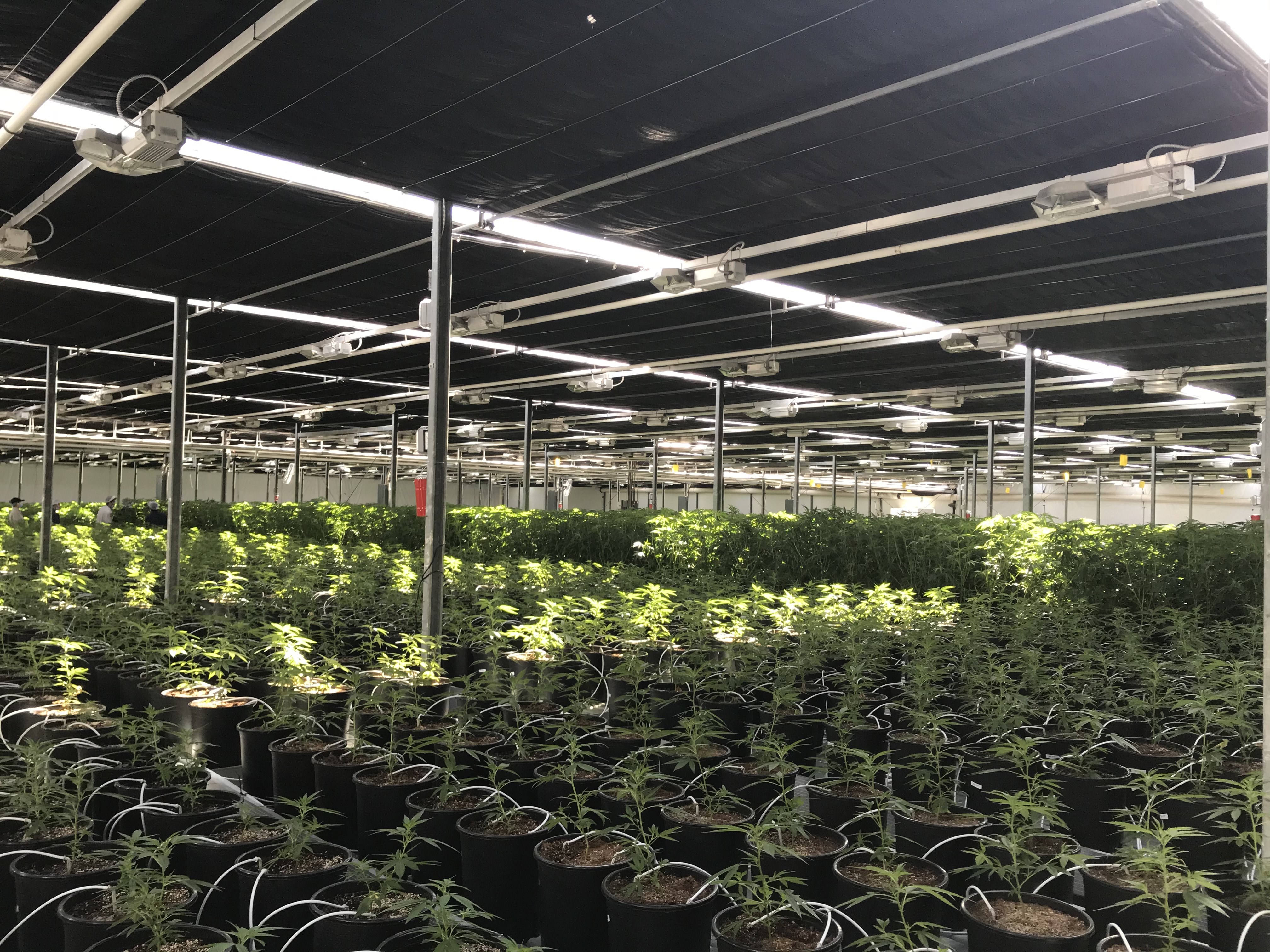
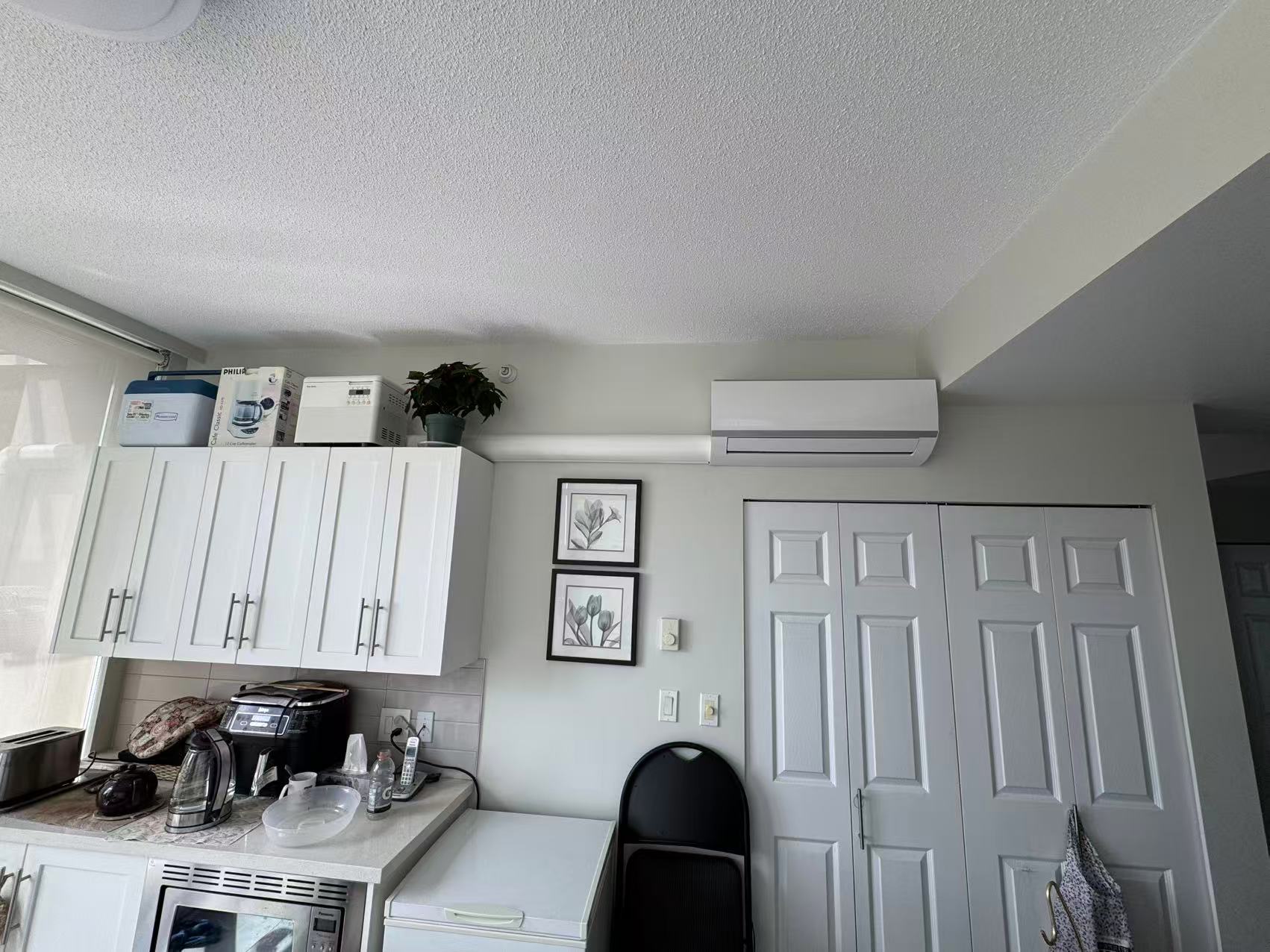
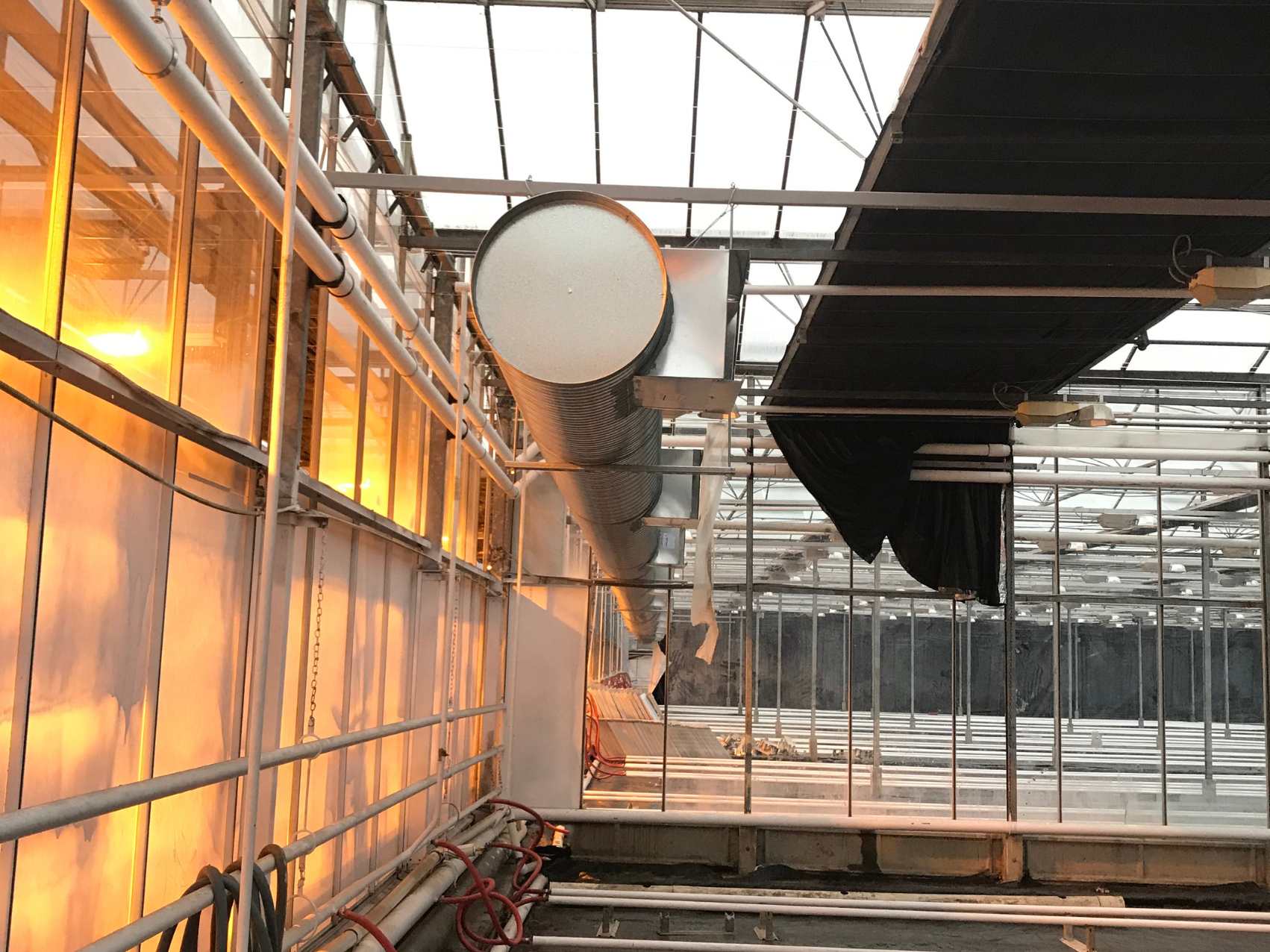
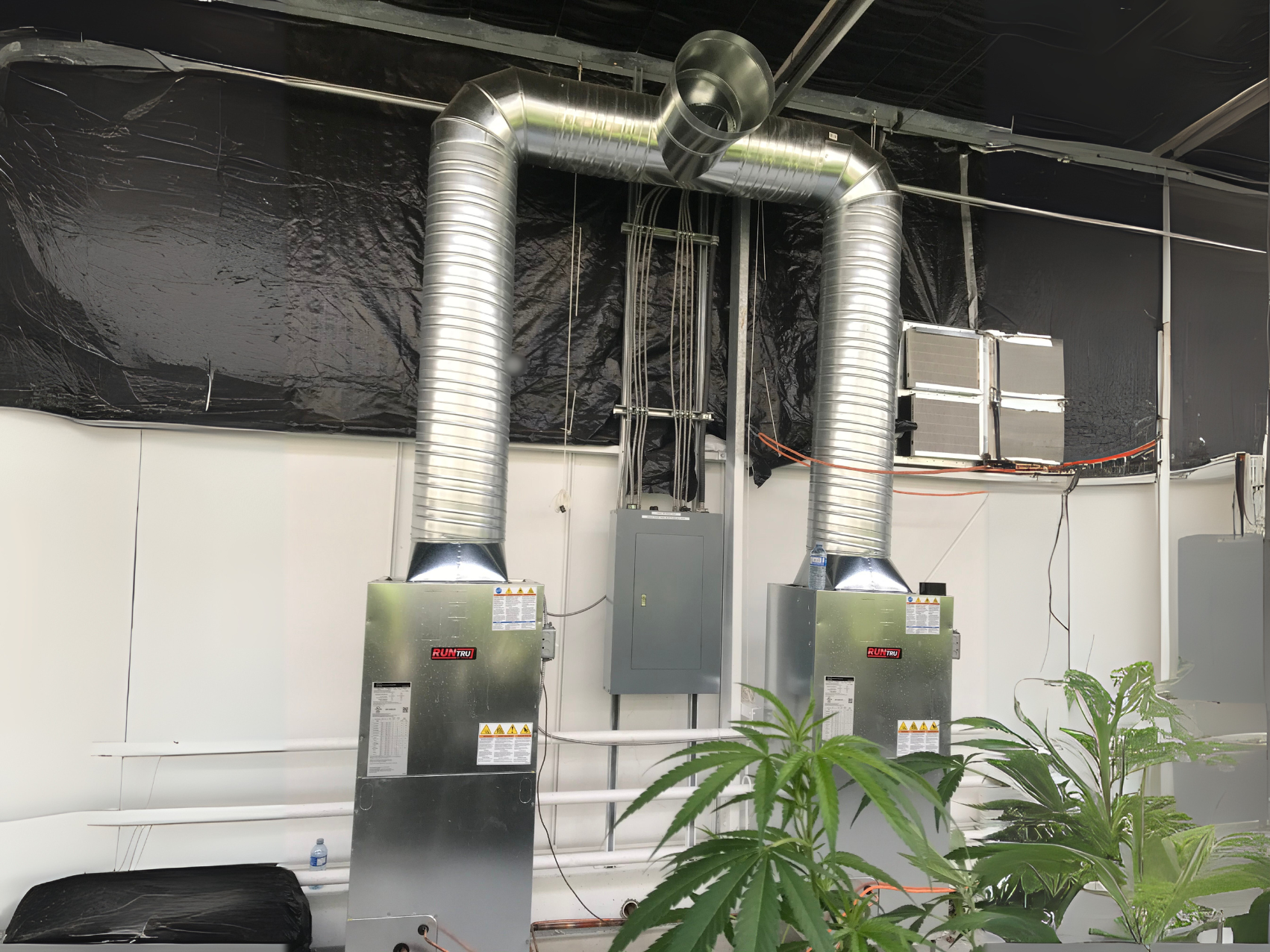
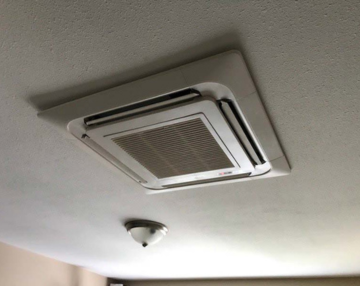
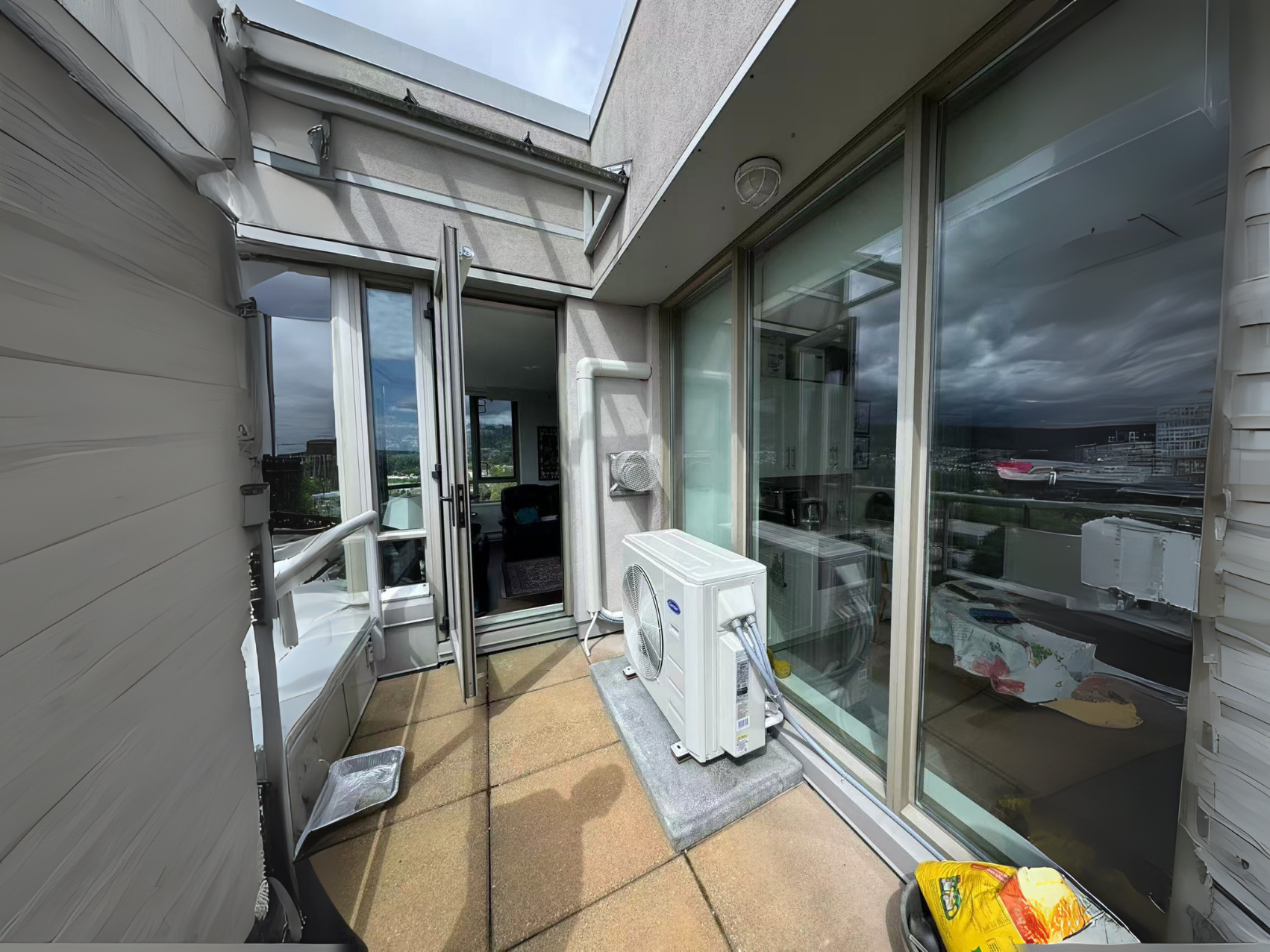
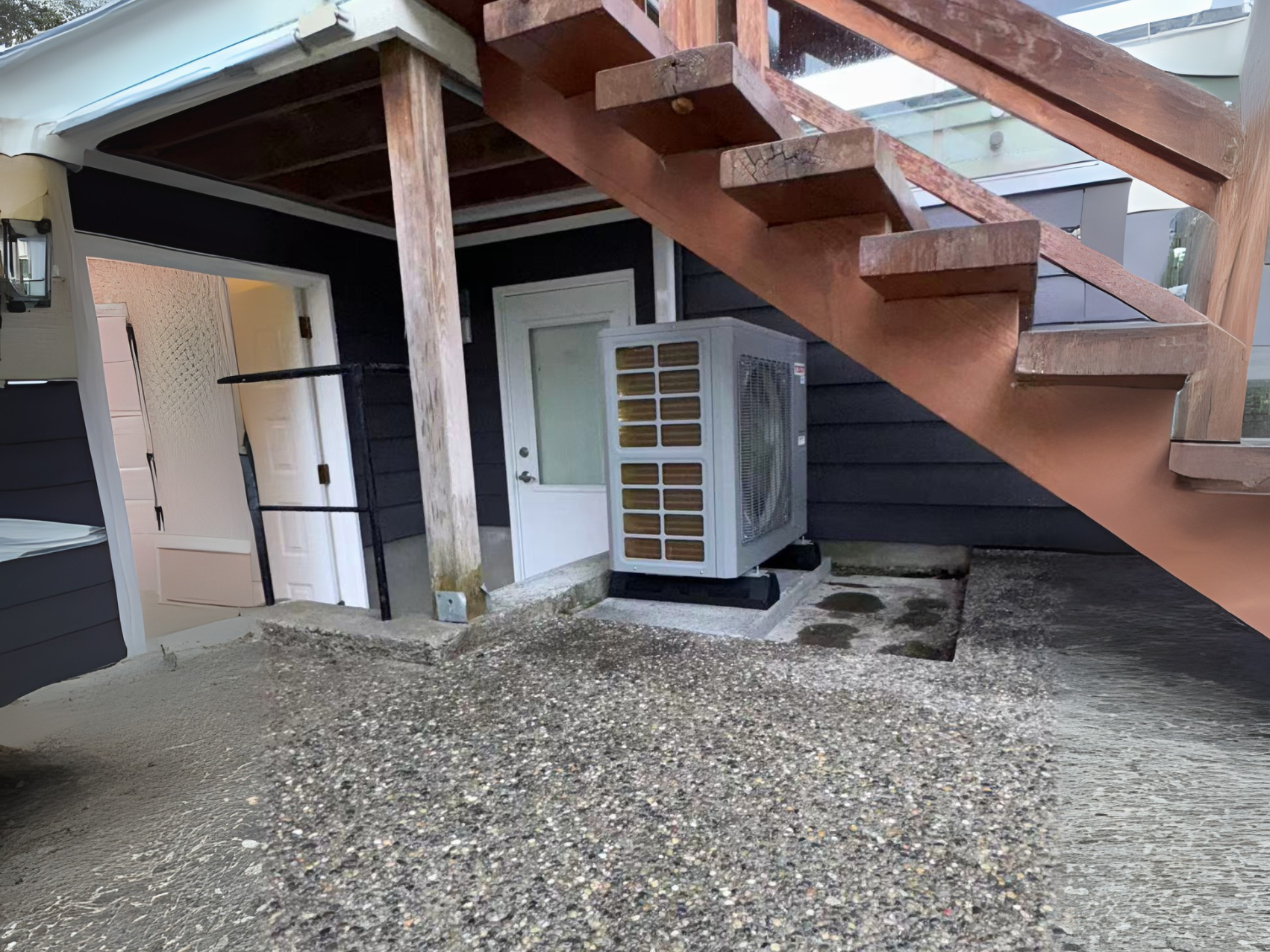
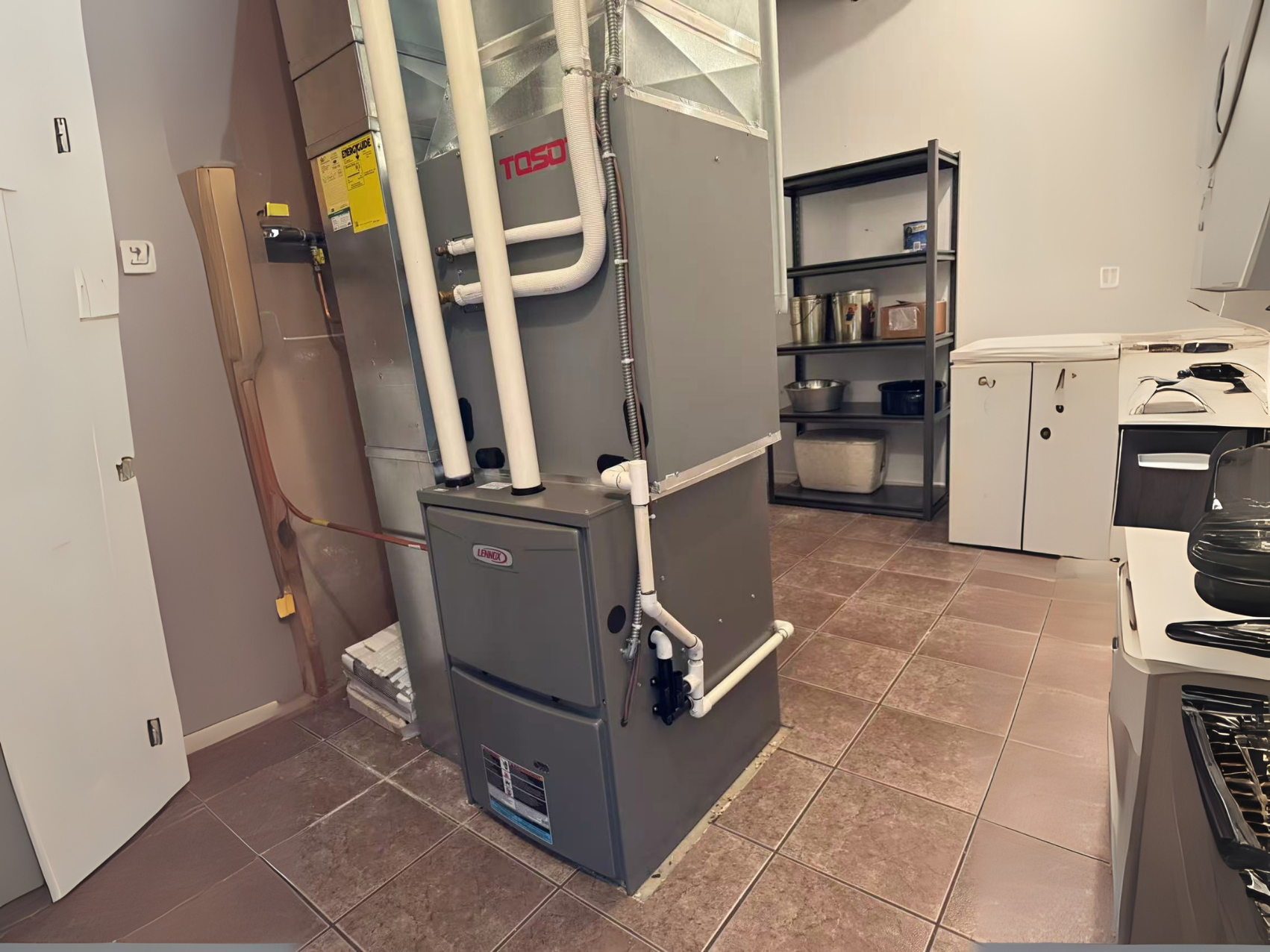
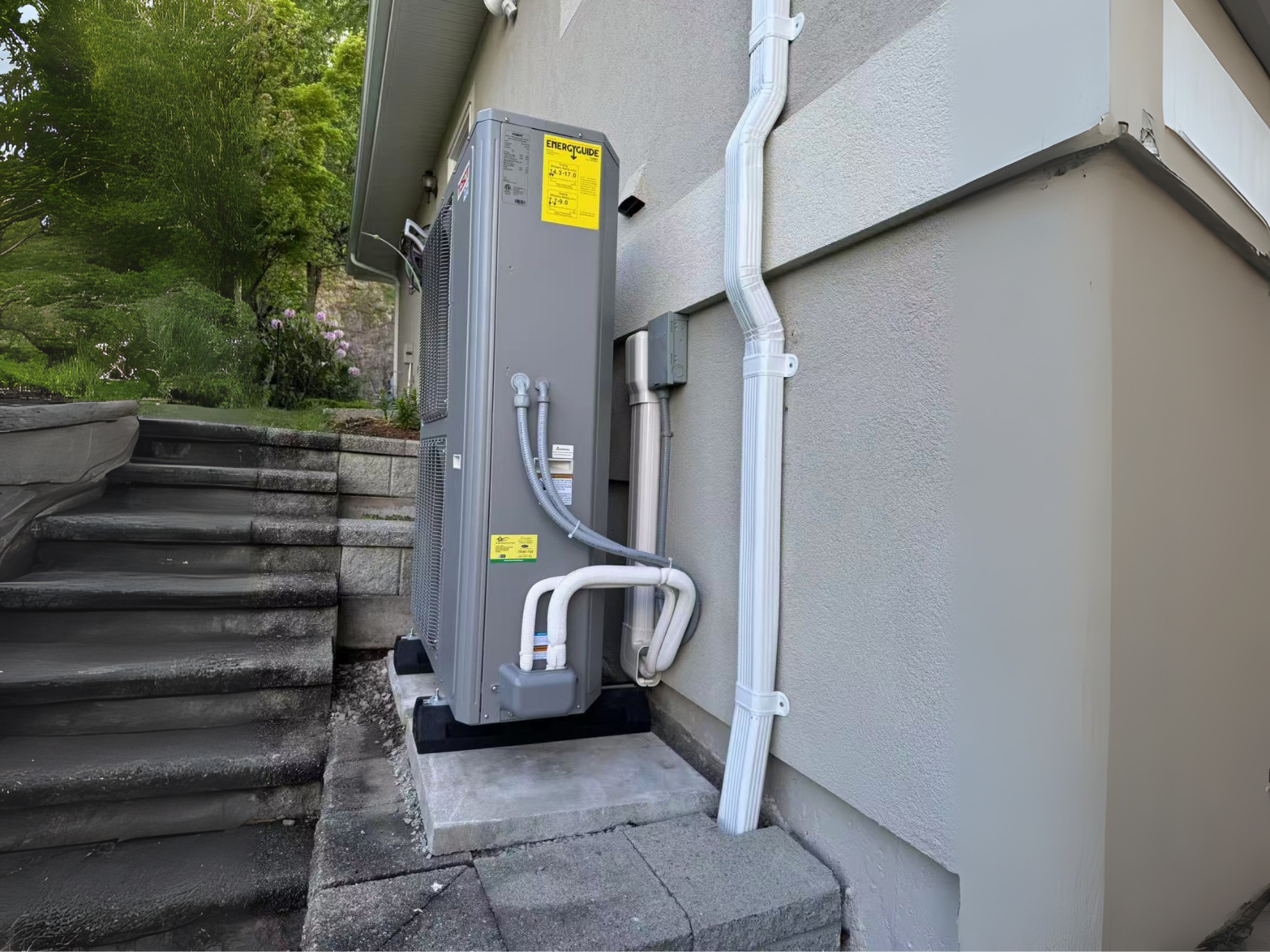
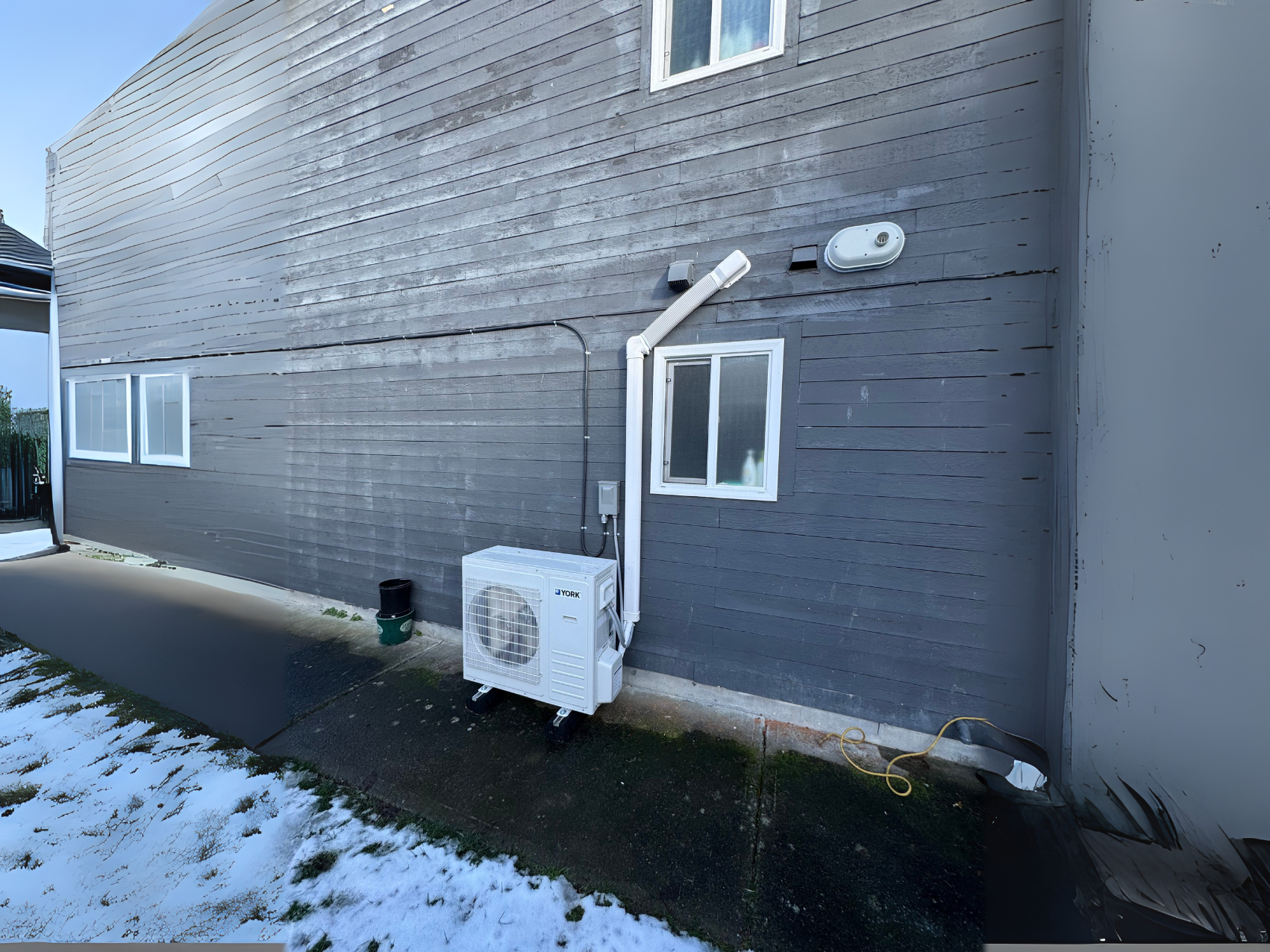
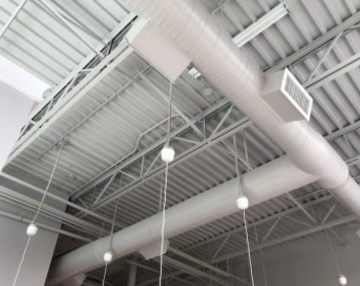
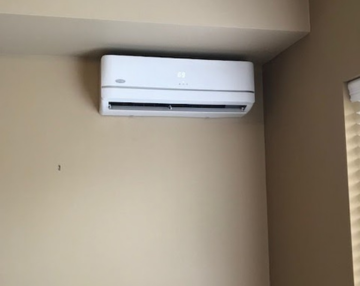
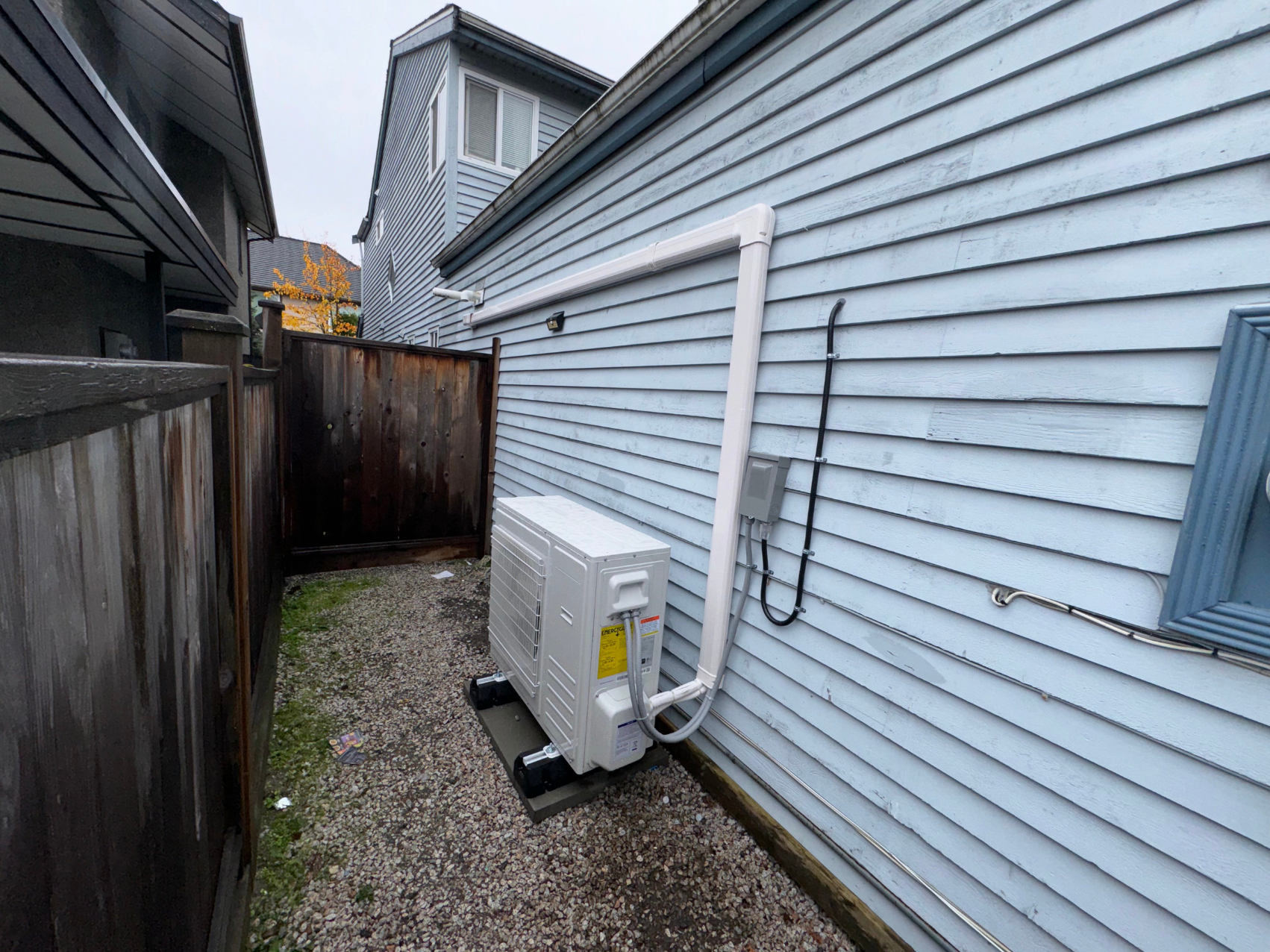
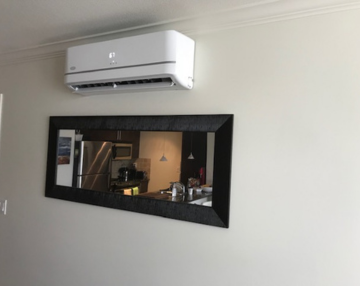
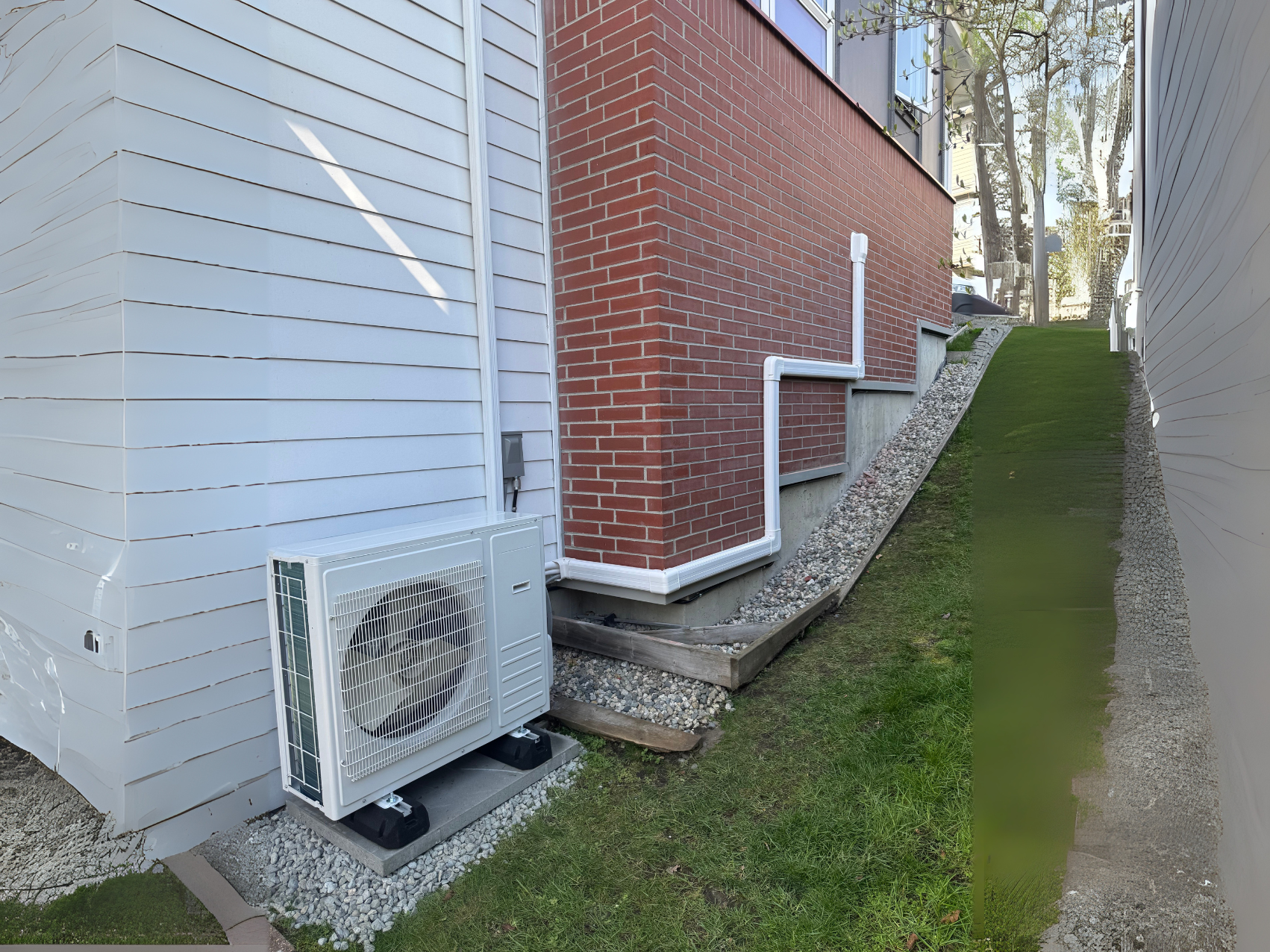
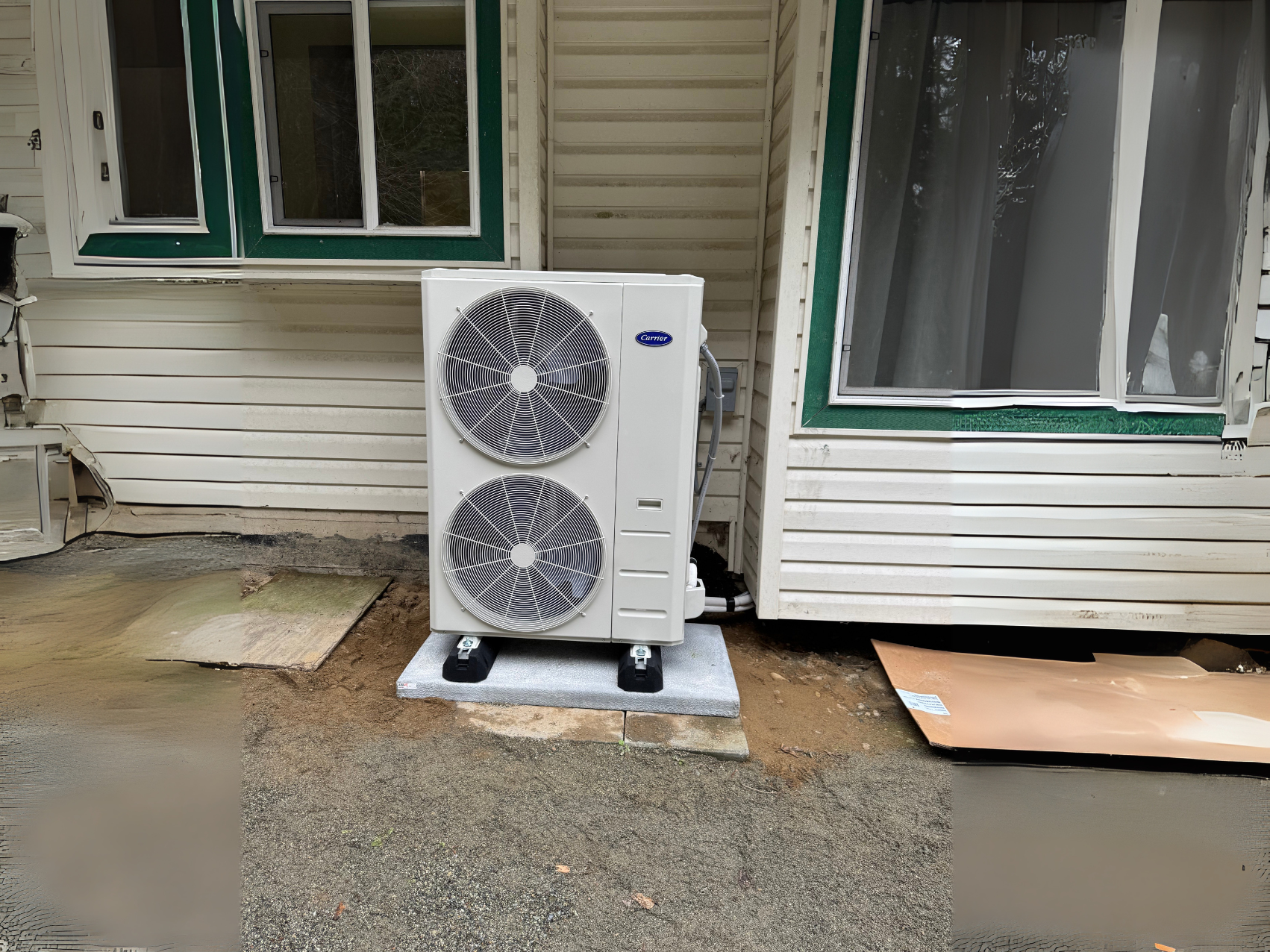

The Canadian Buyer's Guide To Air Conditioners - Ariana Heating Edition
Vancouver, BC, is known for its diverse climate, ranging from mild winters to warm summers. However, recent trends have shown an increase in temperature during the summer months, making efficient cooling systems a luxury and a necessity for maintaining a comfortable living environment.
With our expertise and commitment to quality, Ariana Heating aims to empower Vancouver residents and those in the surrounding regions with the knowledge to choose the perfect cooling solutions for their homes.
This guide is meticulously crafted to address Vancouver's unique climate challenges and ensure that you make informed decisions for a comfortable living environment.
The Need for Efficient Cooling in Vancouver, BC
Vancouver, known for its lush landscapes and oceanic climate, experiences various temperatures throughout the year. While it's famed for mild winters, the summer can significantly increase temperature, leading to uncomfortable indoor environments.
According to Environment and Climate Change Canada, Vancouver has experienced some of its hottest summers in the past decade, with temperatures occasionally soaring about the 30°C mark. This shift underscores the importance of a reliable and efficient air conditioning system.
The demand for air conditioners in Vancouver isn't just about comfort; it's also about health. High indoor temperatures can lead to heat-related stress and other health issues, particularly for the elderly, children, and those with certain medical conditions. Efficient cooling systems are no longer a luxury but vital to a healthy living space.
Moreover, the increasing awareness of energy consumption and its impact on the environment has heightened the need for energy-efficient air conditioning solutions.
Homeowners are now seeking systems that provide effective cooling, minimize energy use, and reduce carbon footprints. This dual focus on comfort and sustainability drives innovations in the HVAC industry, with Ariana Heating at the forefront of offering solutions that must consider not only the immediate comfort but also the long-term environmental and economic implications.
With the right system, homeowners can enjoy a cooler indoor environment during the warmer months without incurring exorbitant energy bills or contributing excessively to global warming.
Types of Residential Air Conditioning Systems
Selecting the right air conditioning system for your home is crucial for ensuring comfort, efficiency, and sustainability. Two main types dominate the residential market: central AC systems and ductless AC systems.
Each offers unique benefits and is suited to different home environments and needs. Understanding these systems' workings and advantages is key to making an informed decision.
Central AC Systems: A Comprehensive Solution
Central air conditioning systems offer a whole-home cooling solution, ideal for maintaining a consistent temperature throughout your home. These systems are particularly well-suited for larger homes in Vancouver and surrounding regions, where uniform cooling can enhance comfort significantly during the warm months.
How Central Air Conditioning Works
A central air conditioning system operates simply by circulating cool air through supply and return ducts. The process begins with the air being cooled at a central location, usually by a refrigerant that absorbs and expels heat.
The cooled air is then pushed through the supply ducts and into the various rooms of your home. As the air circulates and becomes warmer, it is drawn back into the return ducts and re-cooled. This cycle continues until your home reaches the temperature set on your thermostat.
The heart of the central AC system is the outdoor unit, which houses the compressor, condenser coil, and fan. The indoor unit typically contains the evaporator coil and blower.
Together, these components work harmoniously to reduce humidity levels and circulate cool, refreshing air throughout your home.
Benefits of Central Air Conditioning
Choosing a central air conditioning system for your home in Vancouver means investing in comfort, convenience, and efficiency. Ariana Heating specializes in providing high-quality central AC systems tailored to the unique needs of Canadian homes.
Our expertise ensures that your investment delivers optimal cooling, enhanced air quality, and energy savings, making your home a sanctuary of comfort regardless of the outdoor temperature.
Uniform Cooling: One of the most significant advantages of a central AC system is its ability to maintain a consistent temperature across all rooms in a home. This is particularly beneficial for families in Vancouver, ensuring every room is comfortably cool, even during the peak of summer.
Improved Air Quality: Central AC systems are equipped with filters that purify the air as it circulates, removing dust, allergens, and other pollutants. This feature is especially important for individuals with allergies or respiratory issues, making it a health-conscious choice.
Convenience and Control: Homeowners can easily adjust and set their preferred temperatures with programmable thermostats. This level of control contributes to personal comfort and enhances energy efficiency by allowing for temperature adjustments based on occupancy and time of day.
Increased Property Value: Homes equipped with central air conditioning often appeal more to potential buyers. This system is considered a valuable upgrade that can increase a property's market value, making it a wise investment for homeowners.
Energy Efficiency: Modern central AC units have energy efficiency in mind. High-efficiency models can significantly reduce energy consumption and lower utility bills, even during extensive use. This efficiency is crucial for environmentally conscious homeowners aiming to reduce their carbon footprint without sacrificing comfort.
Ductless AC Systems: Flexibility and Convenience
In the diverse climate of Vancouver, where each home has its unique architectural character and cooling needs, ductless air conditioning systems emerge as a versatile and efficient solution. Known for their flexibility and convenience, ductless AC or mini-split systems offer targeted cooling without the need for extensive ductwork, making them an ideal choice for many homeowners.
Understanding Ductless Air Conditioning
Ductless air conditioning systems have two main components: an outdoor compressor/condenser unit and one or more indoor air-handling units.
These components are connected by a conduit, which houses the power cable, refrigerant tubing, suction tubing, and a condensate drain. This setup allows for a simple, non-invasive installation process that can cool individual rooms or zones within a home.
The primary advantage of ductless AC systems is their ability to provide zoned cooling and heating. Each indoor unit can be controlled independently, allowing for personalized temperature settings in different home areas. This enhances comfort and increases energy efficiency, as you only cool or heat the spaces in use.
Situations Ideal for Ductless AC
Ductless air conditioning systems offer an unparalleled blend of flexibility, efficiency, and convenience, making them a perfect fit for many situations in Vancouver's varied housing landscape.
Ariana Heating specializes in installing and maintaining ductless AC systems, providing customized solutions that cater to the unique cooling needs of each home.
With a focus on energy efficiency and personalized comfort, ductless AC systems installed by Ariana Heating ensure your home remains a comfortable oasis tailored to your lifestyle and preferences.
Homes Without Existing Ductwork: For older homes in Vancouver that lack existing ductwork, installing a traditional central AC system can be prohibitively expensive and invasive. Ductless systems offer a cost-effective and less disruptive alternative.
Room Additions or Renovations: Whether adding a new room to your home or converting an attic or basement into a livable space, a ductless system can efficiently provide the necessary cooling or heating without extending the existing ductwork.
Targeted Cooling Needs: In homes where certain rooms tend to be warmer than others due to factors like sun exposure or lack of insulation, ductless AC systems can provide additional cooling to these areas without overworking the central system.
Energy-Efficient Homes: For homes designed with energy efficiency in mind, ductless systems are an excellent choice. Their zoned cooling capability means you don't waste energy cooling unoccupied spaces, leading to lower utility bills and a reduced environmental impact.
Homes with Non-Uniform Heating and Cooling Needs: Temperature disparities can occur in homes where certain rooms face the sun or have large windows. Ductless systems allow targeted cooling in these areas, ensuring comfort without overcooling the rest of the home.
Secondary Spaces: Workshops, guest houses, and outbuildings can benefit greatly from ductless systems. They provide an efficient cooling solution without extending the main home's HVAC system.
Supplemental Cooling: A ductless system can be an effective supplemental solution in cases where the existing central air conditioning system doesn't suffice or in homes with specific areas that require additional cooling.
Factors Influencing the Choice of Air Conditioning System

When selecting the right air conditioning system for your home in Vancouver, several critical factors come into play. Understanding these elements can significantly impact your comfort, energy consumption, and overall satisfaction with your cooling solution.
Assessing Your Home's Cooling Needs: Size, Insulation, and Sun Exposure
Size: The square footage of your space is a primary determinant in selecting an appropriate air conditioning system. A unit that's too small won't cool effectively, while one that's too large can lead to unnecessary energy consumption and uneven temperature control.
Insulation: The quality of your home's insulation directly influences your cooling needs. Well-insulated homes retain cool air more efficiently, requiring less energy for air conditioning. Vancouver's diverse home constructions, from heritage homes to modern builds, means insulation levels can vary significantly, impacting AC system choice.
Sun Exposure: The amount of direct sunlight your home receives can dramatically affect indoor temperatures. Rooms with south-facing windows may experience higher temperatures, necessitating more robust cooling solutions. Tailoring your AC system to consider these factors ensures optimal efficiency and comfort.
Risk of Improper Sizing: Oversized and Undersized Units
The consequences of improperly sized air conditioning units cannot be overstated. An oversized unit cools the home quickly but does not run long enough to remove humidity effectively, leaving the air damp and clammy. This short cycling also increases the system's wear, reducing its lifespan and efficiency.
Conversely, an undersized unit will struggle to cool the space adequately, running continuously and consuming excessive energy. This fails to provide comfort during the hottest days and significantly increases your utility bills and puts unnecessary strain on the system, potentially leading to premature failure.
Recognizing the Signs: When to Replace Your Air Conditioner
As the seasons change in Vancouver, the reliance on air conditioning to maintain comfort in our homes becomes increasingly evident. Yet, understanding when it's time to replace an aging or failing AC unit can save homeowners from discomfort, high energy bills, and unexpected breakdowns.
Indicators of an Aging or Failing AC Unit
Recognizing signs that indicate it's time for an upgrade is essential for continuous comfort and efficiency.
Frequent Repairs: If your air conditioner requires constant repairs, especially during peak usage, it's a clear sign that the unit is nearing the end of its useful life. Frequent breakdowns inconvenience you and lead to mounting repair costs that could be better invested in a new, more efficient system.
Increased Energy Bills: An unexplained rise in your energy bills often points to decreased efficiency in your AC unit. Aging air conditioners work harder to maintain desired temperatures, consuming more energy. Replacing an inefficient unit with a modern, energy-efficient model can significantly reduce monthly bills.
Inconsistent Temperatures: Difficulty in maintaining consistent temperatures throughout your home suggests your AC system may no longer be capable of distributing air effectively. This inconsistency can result from various issues, including problems with the ductwork, compressor, or air handling units.
Strange Noises or Odors: Unusual sounds or smells emanating from your air conditioning system indicate potential problems. Grinding or squealing noises can signal mechanical issues, while most odours might point to mould within the unit or ductwork, necessitating a professional evaluation.
Age of the Unit: The lifespan of an air conditioning system typically ranges from 10 to 15 years. If your unit is within or beyond this age range and experiencing issues, it may be more cost-effective to replace it rather than pay for repairs and continued inefficiency.
Understanding Efficiency: SEER Ratings and Energy Consumption
Understanding the efficiency of air conditioning systems is crucial for optimal home cooling solutions. Efficiency not only impacts your home's environmental footprint but also significantly affects your energy bills. SEER (Seasonal Energy Efficiency Ratio) ratings and EER (Energy Efficiency Ratio) ratings are benchmarks for this efficiency. These ratings not only influence your home's environmental footprint but also directly impact your energy bills.
Decoding SEER and EER Ratings
SEER Ratings: The SEER rating of an air conditioner measures its cooling output over a typical cooling season divided by the total electric energy input during the same period. The higher the SEER rating, the more energy-efficient the air conditioner is. In Canada, modern air conditioners typically have SEER ratings ranging from 13 to 21. Opting for a unit with a higher SEER rating can significantly reduce energy consumption and lower energy bills, making it an important factor for Vancouver homeowners to consider.
EER Ratings: Unlike SEER ratings, EER ratings measure the efficiency of an air conditioning unit at a specific temperature (usually 95°F). It offers a snapshot of a unit's efficiency under peak operating conditions. While SEER ratings provide a broad overview of efficiency over a season, EER ratings give insights into how efficiently a unit operates during the hottest days.
The Importance of Proper Installation
Even the most efficient air conditioning system can underperform if not installed correctly. Proper installation affects every aspect of an AC unit's operation, from its efficiency and performance to its longevity and maintenance needs. Incorrect installation can lead to poor airflow, frequent breakdowns, and higher energy consumption.
Key factors such as the size of the unit relative to the space it needs to cool, the placement of both indoor and outdoor components, and the integrity of ductwork (if applicable) are critical to maximizing efficiency.
Ensuring certified professionals install your air conditioning system is crucial for achieving the optimal performance and efficiency ratings promised by SEER and EER metrics.
Ariana Heating: Promoting Energy-Efficient Solutions
At Ariana Heating, we're committed to promoting energy-efficient cooling solutions that meet the unique needs of Vancouver residents. Our expertise extends beyond selecting the right model; we ensure that every aspect of your air conditioning system, from installation to maintenance, is optimized for efficiency and sustainability.
We believe in empowering our customers with knowledge about SEER and EER ratings, guiding them toward making choices that align with their values of comfort, efficiency, and environmental responsibility.
Making Informed Decisions for Comfortable Living
Selecting the right air conditioning system for your home involves more than just picking a unit off the shelf. It requires carefully considering SEER and EER ratings, understanding your home's specific cooling needs, and assurance of proper installation.
By focusing on these aspects, you can make an informed decision that ensures your home remains comfortable, your energy bills stay low, and your environmental impact is minimized.
Ariana Heating is dedicated to helping Vancouver residents navigate these decisions, offering expert advice and state-of-the-art solutions for comfortable living. With our focus on energy efficiency, professional installation, and personalized service, we ensure that your investment in an air conditioning system delivers maximum comfort and savings.
Embrace a smarter approach to cooling with Ariana Heating, where we prioritize your comfort and satisfaction.
Copyright © 2025 Ariana Heating & Air Conditioning Ltd. All rights reserved.







